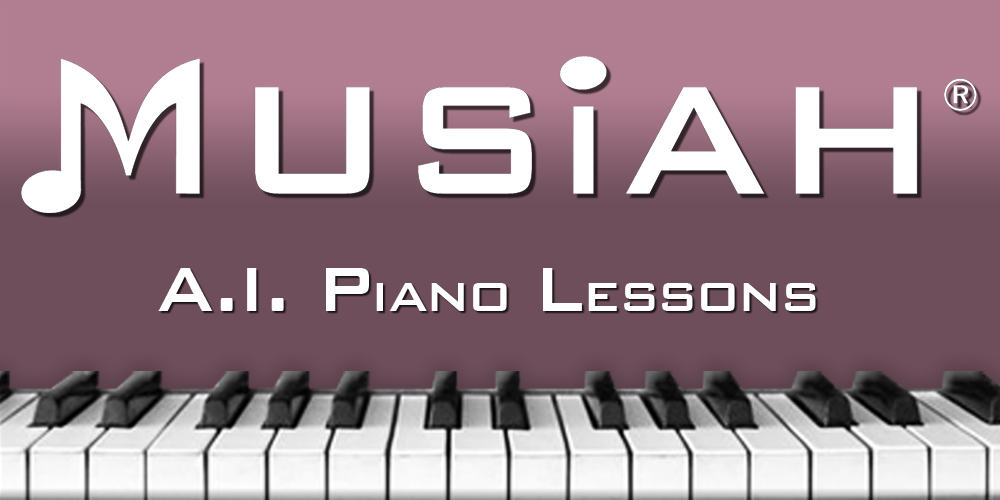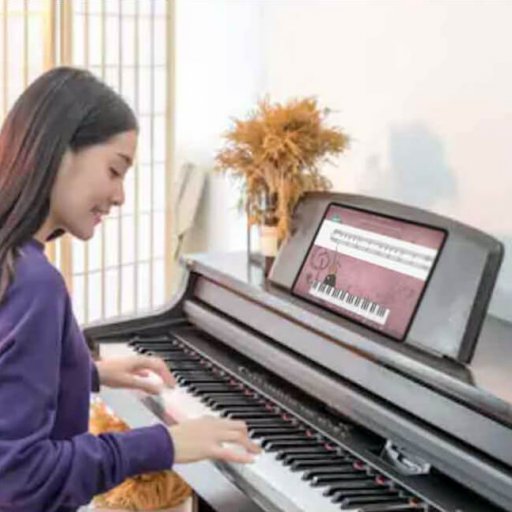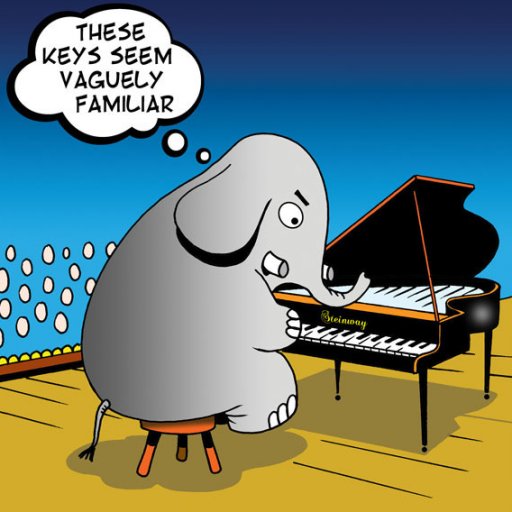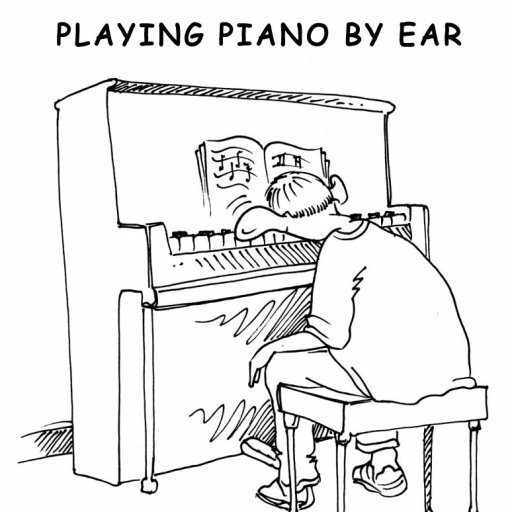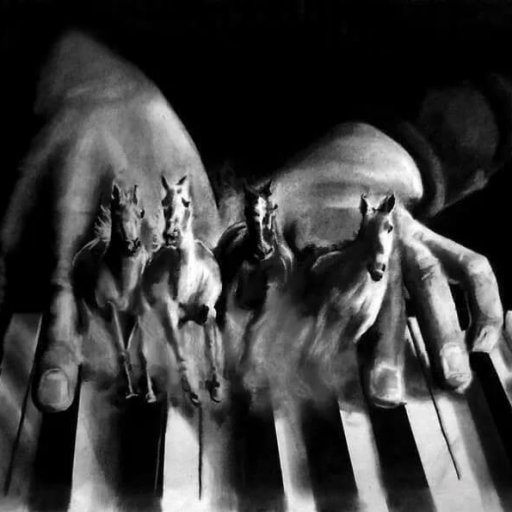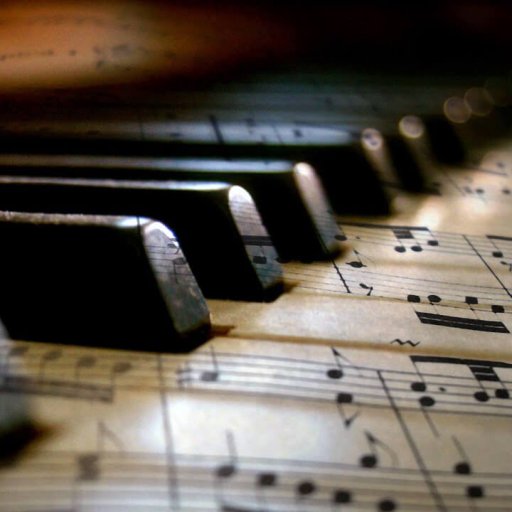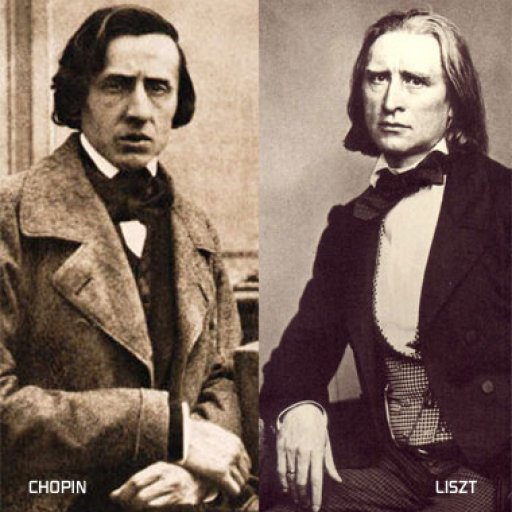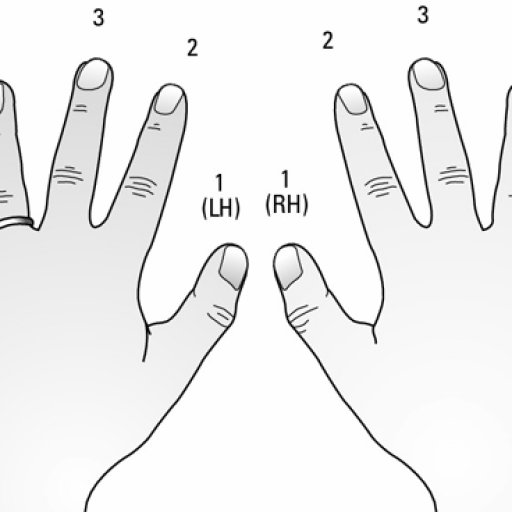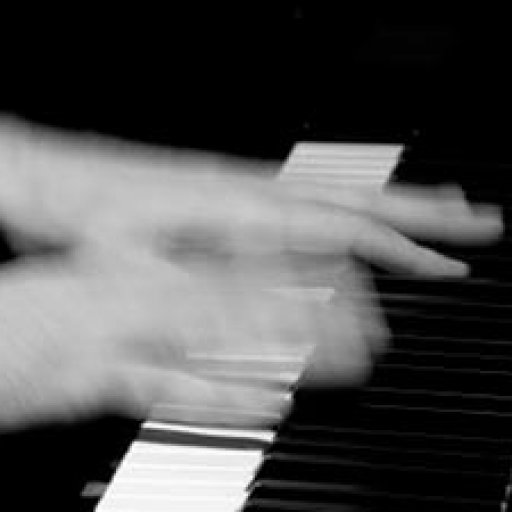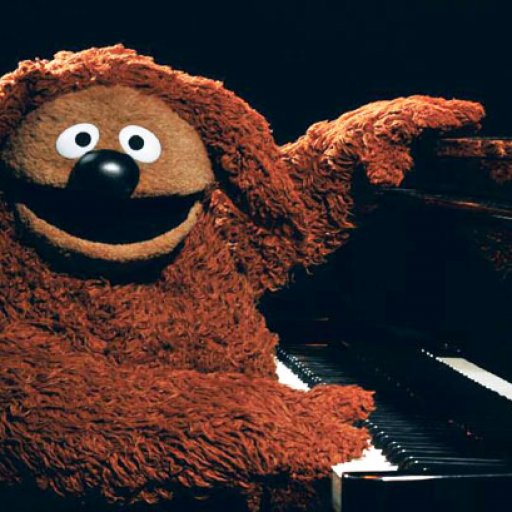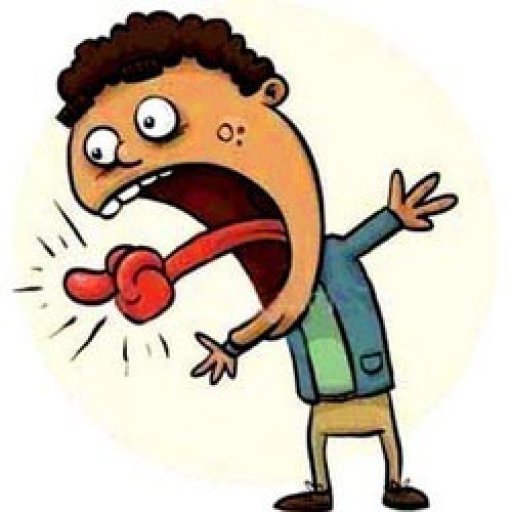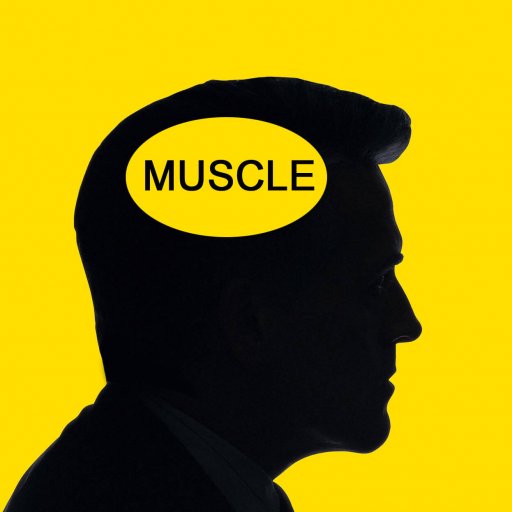Piano Practice Tips For Parents — Part 1 of 2
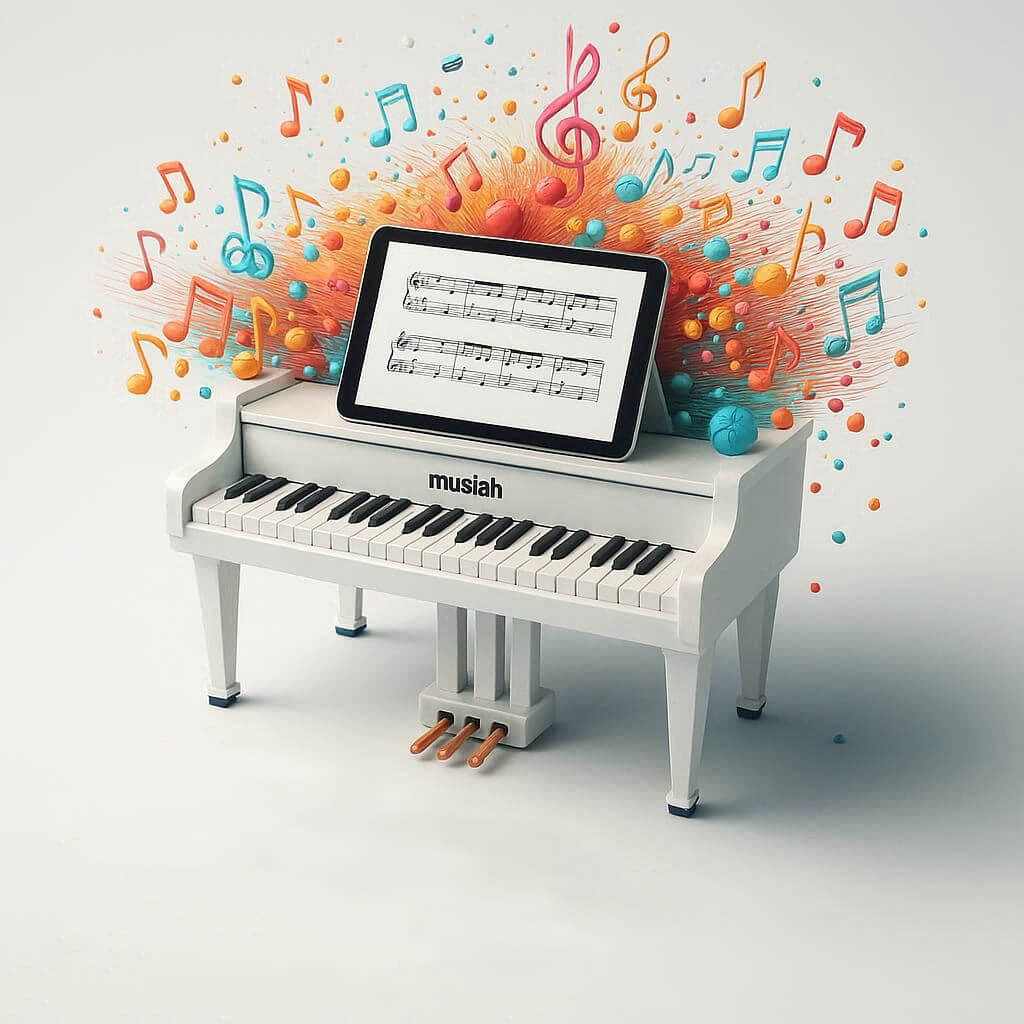
So you have a child learning piano, and he or she says that they don't want to practice. What do you do?
Normally with questions like this, there is no one right answer, but on this occasion you're in luck because at least part of the answer is clear and unequivocal and, in my opinion, beyond dispute.
When I was young piano student growing up in Dublin, my piano teacher Prof Anthony Glavin, a Chopin specialist at the Royal Irish Academy of Music, introduced me and my family to the recordings of a wonderful Hungarian pianist by the name of George Feyer. What was unusual about Feyer was that he was a classically trained pianist with the most incredible technique that enabled him to play blisteringly fast passages with a seemingly effortlessly light touch.
Feyer turned to 'light' music upon graduating and released a series of top-selling "Echoes of..." records on Vox Records. (e.g. Echoes of Paris, Echoes of Italy, Echoes of Latin Americ, etc.). Basically he would take well known tunes and string them together into elaborate medleys that would show off his technique. We would often listen to his records in awe.
But a little known fact about Feyer is that when he was a child he hated piano practice so much that his mother (herself a piano teacher) used to tie his legs to the piano stool to stop him from running away.
Now, in today's climate of political correctness I am not for one second advocating that parents should choose to tie their children to the piano stool.
However, I am 1,000% certain that if Feyer were still alive today, he would tell you that his mother did him and the rest of the world the most wonderful service by insisting that he continue with his piano studies. Not only did Feyer's obviously profound love of piano and music shine through his playing and bring joy to countless fans around the world, it was also through his piano playing that he was able to support his family through what was at times a very difficult life.
You can read more about George Feyer here http://en.wikipedia.org/wiki/George_Feyer_(pianist). To hear his playing, just search on George Feyer on YouTube. (Echoes of Latin America Side 2 is an excellent place to start).
But what about you and your child?
Well, I can tell you from experience that the vast majority of piano students want to give up their lessons / practice at some stage. I myself as a child /t eenager went through at least five significant phases of wanting to give up piano lessons, and I can honestly tell you that STARTING ME ON PIANO LESSONS AND SUBSEQUENTLY NOT LETTING ME GIVE UP WAS THE GREATEST THING MY PARENTS EVERY DID FOR ME (and they were very good parents).
So the answer to the question, what do you do when your child wants to give up piano really falls into two parts:
Part 1: Firstly remember that as the parent, YOU are the one responsible for making important decisions for your child - decisions that the child cannot possibly have sufficient insight to make for themselves. - THE DECISION IS YOURS AND YOURS ALONE. That is the unequivocal part.
Part 2: Now that you have made your decision, you'll need to consider how best to implement it. While I do have some suggestions, ultimately this second part is up to you (but hey, at least I've helped you with the most important part, i.e. making the right decision).
Every parent and every child is unique. As long as your decision and the method you choose to action it are out of love for your child, your child will thank you one day, believe me.
My next article will delve more into Part 2, i.e. some of the things you can do to encourage and support your child in their piano lessons and piano practice.
To start your (or your child's) piano lessons journey, I warmly invite you to take our Musiah Piano Lessons 14 Day Free Trial.
Til next time,
Brendan Hogan
Piano Teacher & Musiah Inventor
RECOMMENDED ARTICLES
Online Piano lessons – Do They Work?
Piano Lessons For Adults
Piano Lessons For Kids
Piano Lessons For Beginners
Advanced Piano Lessons
Free Piano Lessons (on piano technique)
The Best Piano Method
The Best Piano Learning App
Learning To Play Piano As An Adult – Why it's easier than you think!
